[ad_1]
Being a cat parent, you’ve likely seen your cat get « the zoomies. » One second your cat is napping peacefully; the next, they’re running to and fro the house!
While we love our cats, dealing with a frenzied fluff—especially in the wee house of the night—can be frustrating. To help you out, here are some facts about cat zoomies and what causes them.
What Are Zoomies?

As the name suggests, zoomies are when your cat ‘zooms’ around the home frantically. These episodes end as fast as they come, and before you know it, your cat is back to napping on the couch.
From a cat parent’s perspective, zoomies might seem as if the cat has gone bananas for no apparent reason. However, there’s a scientific name for this phenomenon: Frenetic Random Activity Periods, or FRAPs for short. When cats get an intense surge of energy, there’s no way for them to expend it but to run around the house.
What Causes Zoomies?

There are a few reasons for zoomies according to studies, but the three most common of them are the following:
1. Excess Energy
Pent-up energy is the most common cause of cat zoomies. Cats are ambush predators, meaning they need to conserve their energies for their short, active periods. Cats sleep most of the day in the wild to save energy for short but intense activities, such as hunting for food. Indoor cats without enough exercise will need a different way to expend their stored energy, hence the zoomies.
Cats of all ages experience zoomies from this excess energy. Still, the behavior is seen more in younger cats with more energy to expend.
Pro Tip: Involve your feline with engaging activities throughout the day. This will allow them to use their stored energy without knocking things over. Enrichment activities are also a way for you to bond with your cat, leading to a happier and healthier life.
2. Post-Poop Zoomies
Some cats seem to enjoy a little victory lap after a nice session in the litter box. If you notice your cat gets the zoomies after pooping, be on the lookout for signs of constipation, such as pain, vomiting, defecation outside the litter box, or a change in the consistency of feces. And even if your cat does not show these indicators, it’s never regrettable to get in touch with your cat’s veterinarian, specifically if you notice that the post-poop zoomies are a new behavior.
Cats sometimes have the zoomies after pooping to escape an undesirable smell. If you can cross out digestion issues, the next move is to ensure that the litter box is always clean. A tidy box will also prevent urinary tract and other microbial infections and keep their bathroom activities in the box, not the whole house.
3. Sharp Pain
This is the most uncommon reason for zoomies, but it is vital to understand when a cat’s behavior is a sign that it is in pain. For example, if your cat has itchy skin or a flea infestation, racing about may be their way to escape the sensation. Your aging cat might lose sight or hearing, causing them to be startled easily. If you think the reason for the zoomies is pain, take your cat immediately to the vet.
Being able to tell if your cat is in pain or if the zoomies are just a case of excess energy is essential. Look for other pain indicators, like impatience or excessive grooming. If a cat licks in a specific area of the body in addition to zoomies, it may be that your cat is anxious.
Even if your feline isn’t showing signs of pain, if the zoomies are continuous after regular exercise, it’s time to visit the vet.
How Long Do Zoomies Last?

Most cats won’t zoom for more than a minute. As cats age, the FRAPs also get shorter and less frequent.
Zoomies are such a high-intensity expulsion of power, and cats are nappers, not sprinters. It commonly (and annoyingly) happens at night.
When Are Cats Likely to Get Zoomies?

Evenings are a typical time for zoomies, especially if there needs to be more activity throughout the day.
Bath time changes and other significant lifestyle modifications can also cause a race around the living room. It’s your cat’s way of calming its nerves when it is met with stressful situations.
Reducing Cat Zoomies

The zoomies aren’t something you can necessarily prevent; they should also not be discouraged. Rather than trying to stop your cat’s zoomies, ensure that they have a lot of activities throughout the day instead. In this manner, they will need to expend their extra energy less when evenings come.
You may also consider pheromone products that calm your anxious or hyperactive cat. They can be found in diffusers, sprays, and even cat collars.
When zoomies happen, you can give toys that expel treats for them to play with. You can also play songs or videos tailored towards relaxing cats.
When playing with your cat, remember that it’s essential to supply a psychological workout and not just exhaust them. Playtime is just as much psychological exercise as it is physical. Play in a manner that allows your cat to practice their natural stalking and hunting nature.
To help with mental stimulation, try out a bunch of interactive cat toys that enable them to play and benefit from their efforts. Lay out your feline’s favorite toy before bed to help them get that energy out, and with any luck, you will have a full night’s rest.


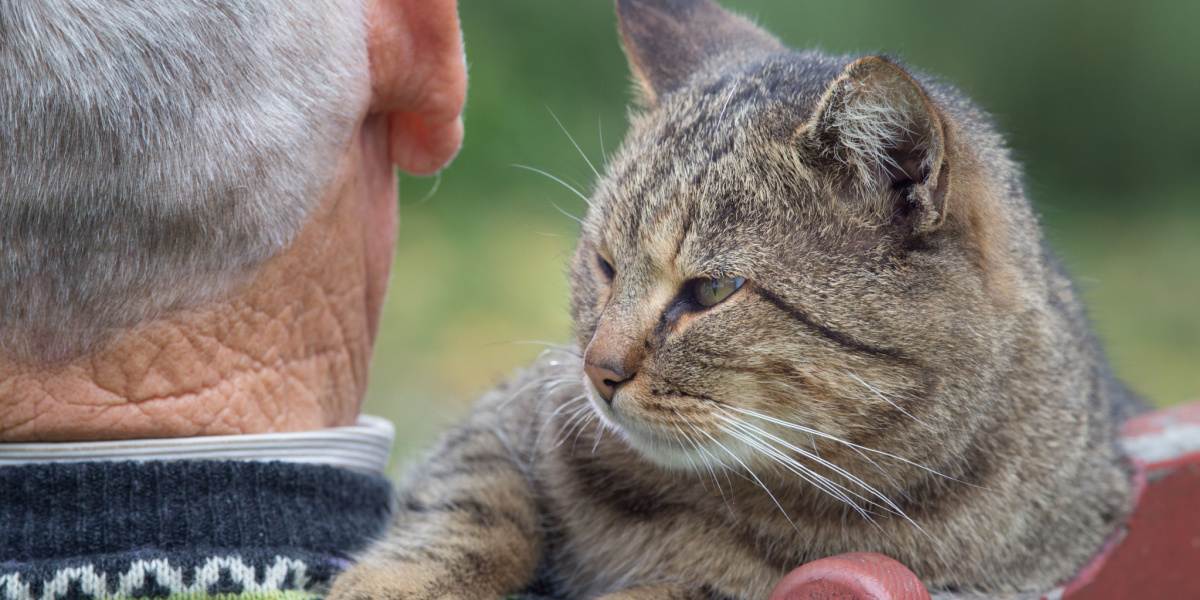
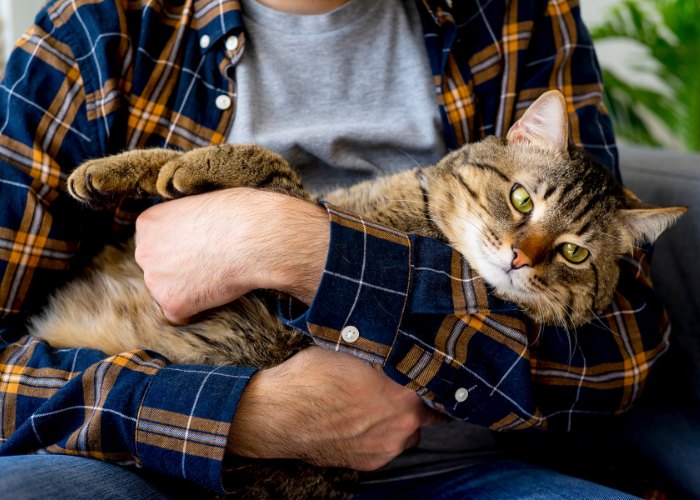
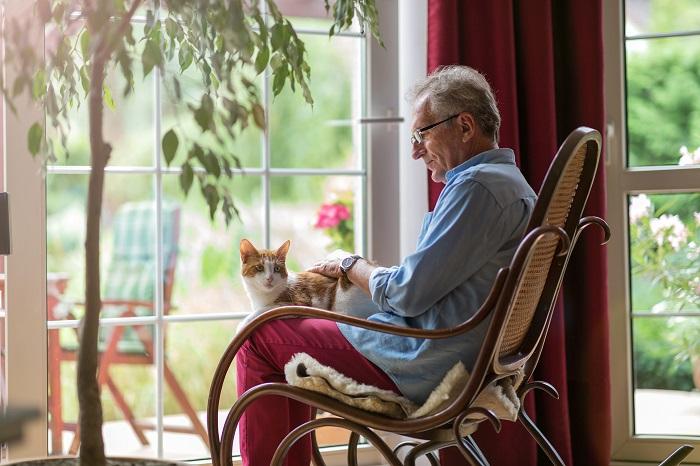
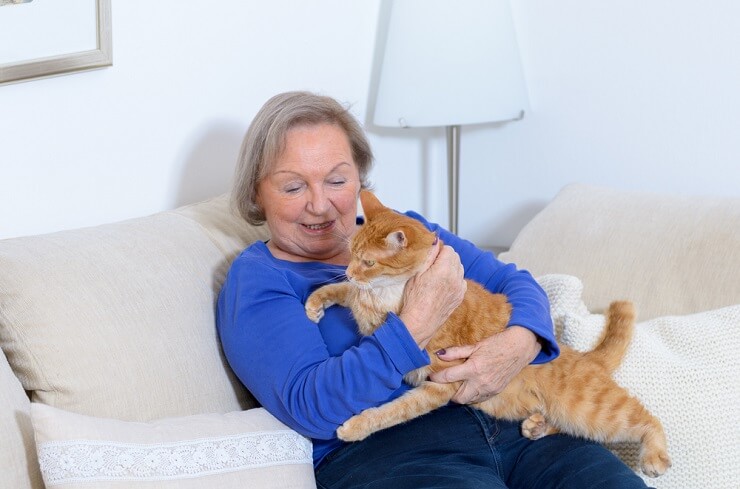
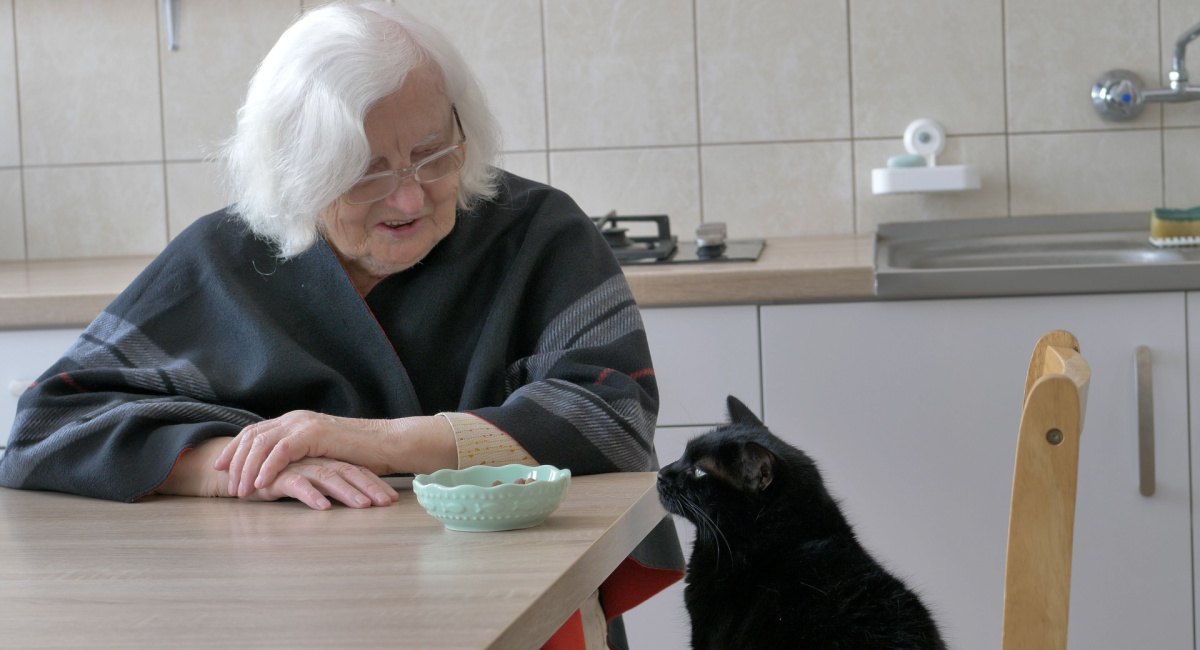
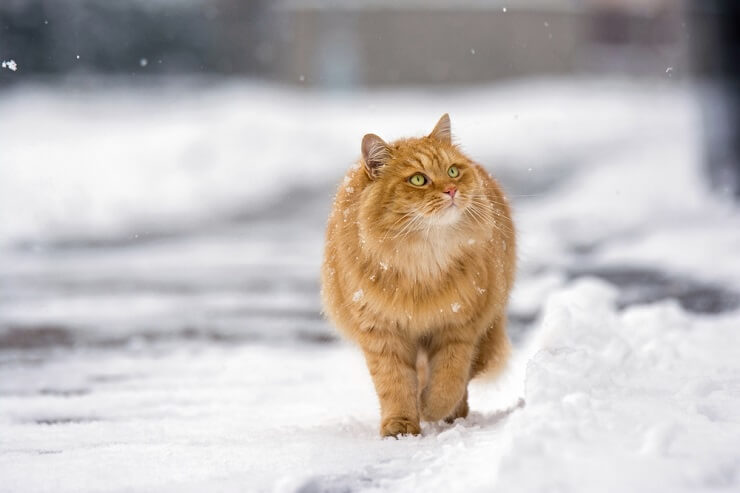
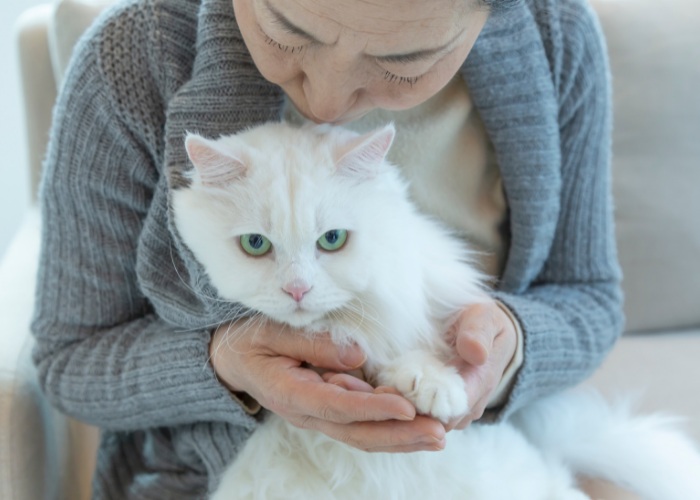

 Gianna the cat and her kittensBestFriendsFelines
Gianna the cat and her kittensBestFriendsFelines Gianna was rescued along with four kittens from two littersBestFriendsFelines
Gianna was rescued along with four kittens from two littersBestFriendsFelines BestFriendsFelines
BestFriendsFelines The tinier kittens were about one week old when they arrivedBestFriendsFelines
The tinier kittens were about one week old when they arrivedBestFriendsFelines Machiavelli the tabby is smaller than his brother MassimoBestFriendsFelines
Machiavelli the tabby is smaller than his brother MassimoBestFriendsFelines Gianna can finally relax and spend more time with her peopleBestFriendsFelines
Gianna can finally relax and spend more time with her peopleBestFriendsFelines She is very affectionate and just wants to be lovedBestFriendsFelines
She is very affectionate and just wants to be lovedBestFriendsFelines MassimoBestFriendsFelines
MassimoBestFriendsFelines MachiavelliBestFriendsFelines
MachiavelliBestFriendsFelines The tinier kittens are opening their eyesBestFriendsFelines
The tinier kittens are opening their eyesBestFriendsFelines Happy Mama GiannaBestFriendsFelines
Happy Mama GiannaBestFriendsFelines

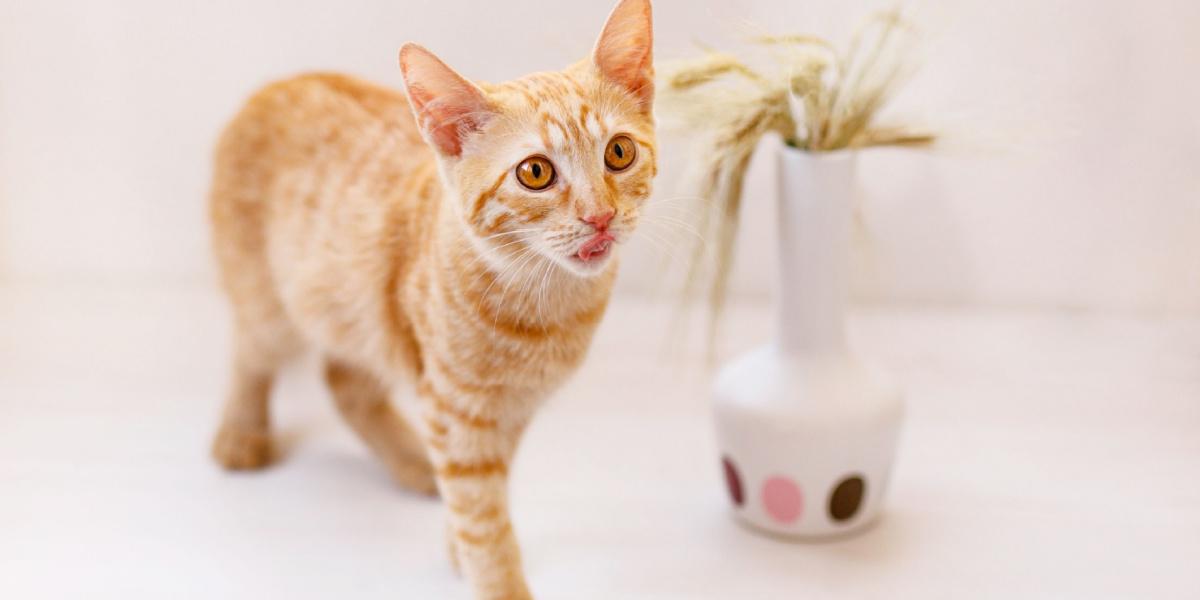
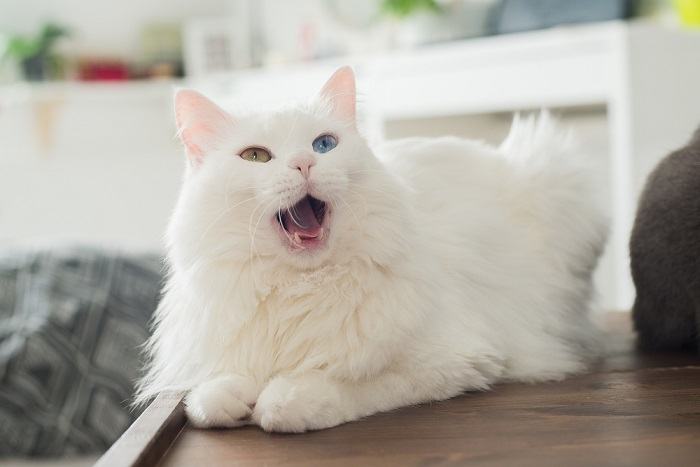
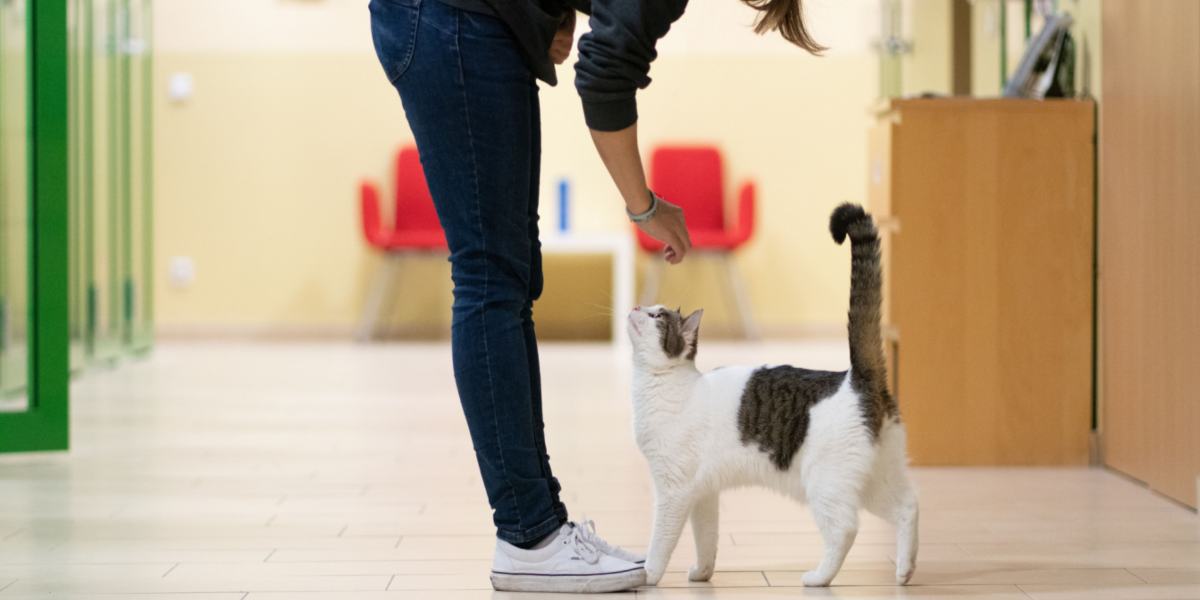
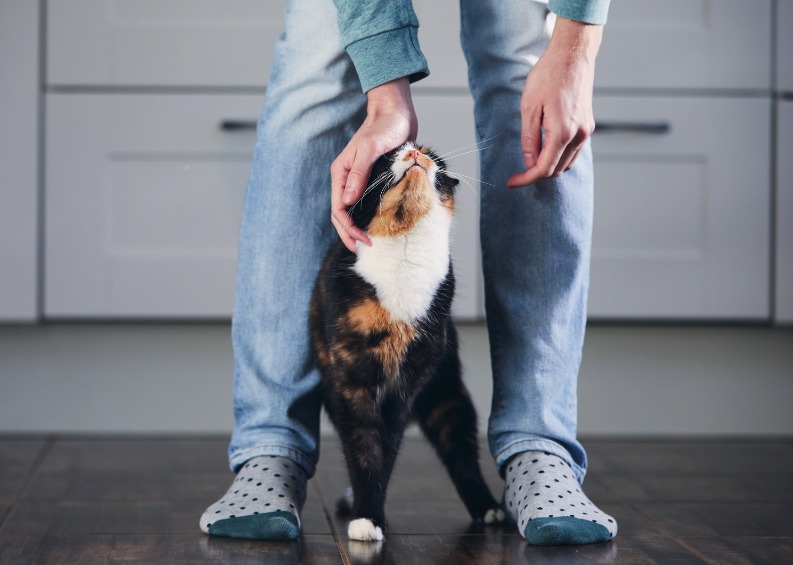
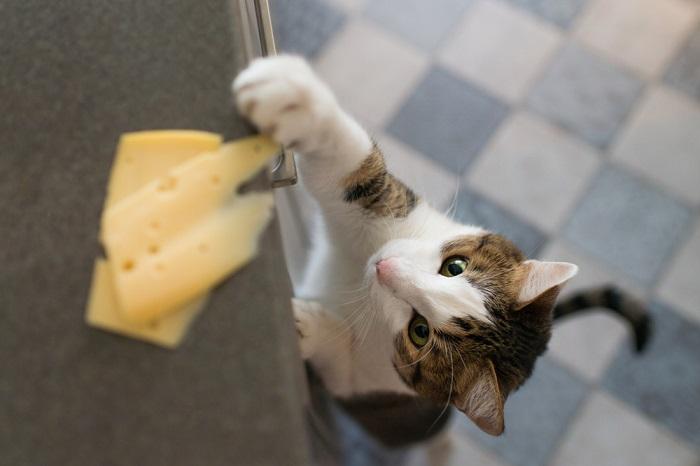
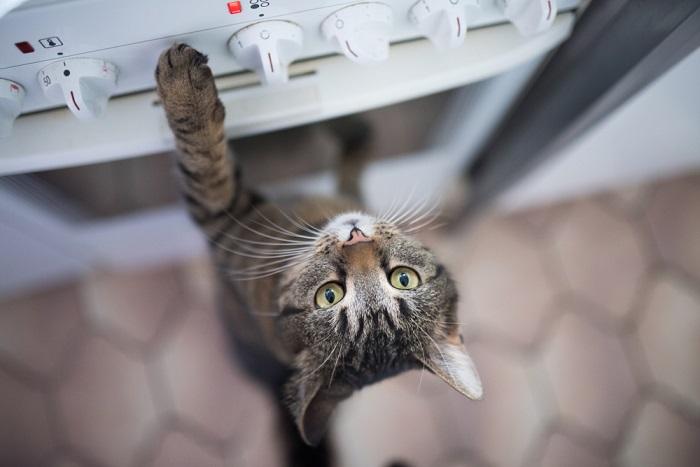
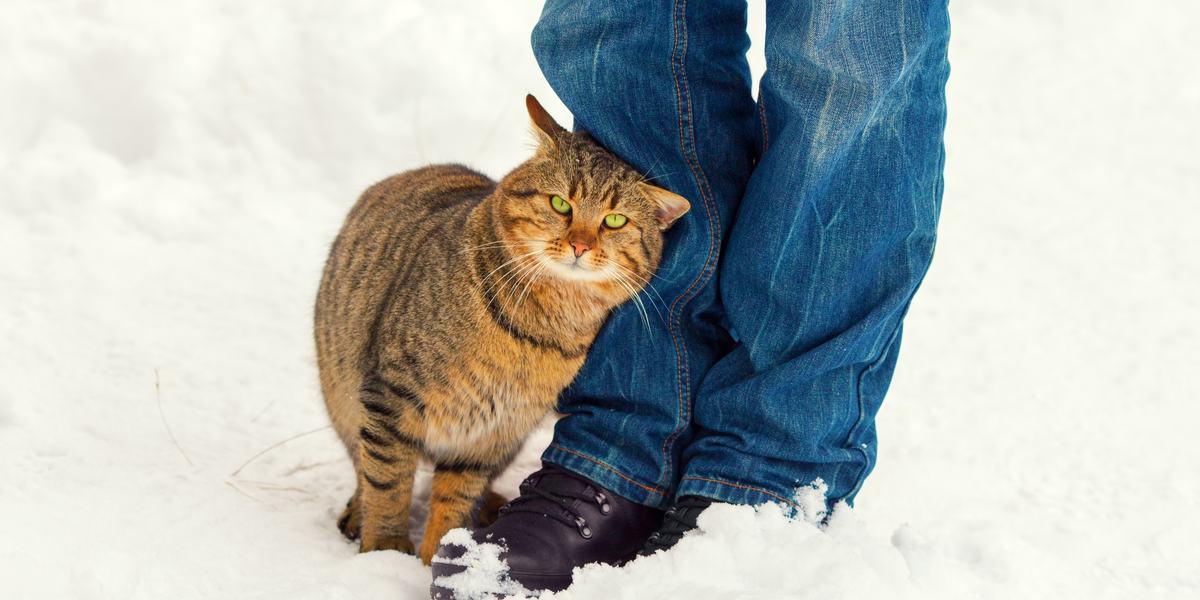
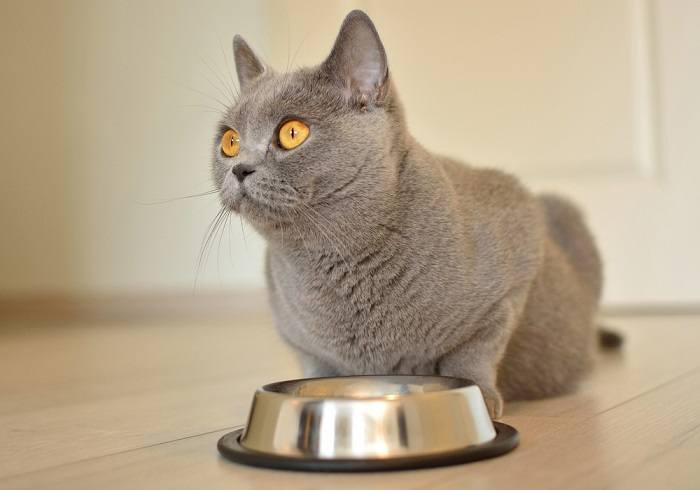
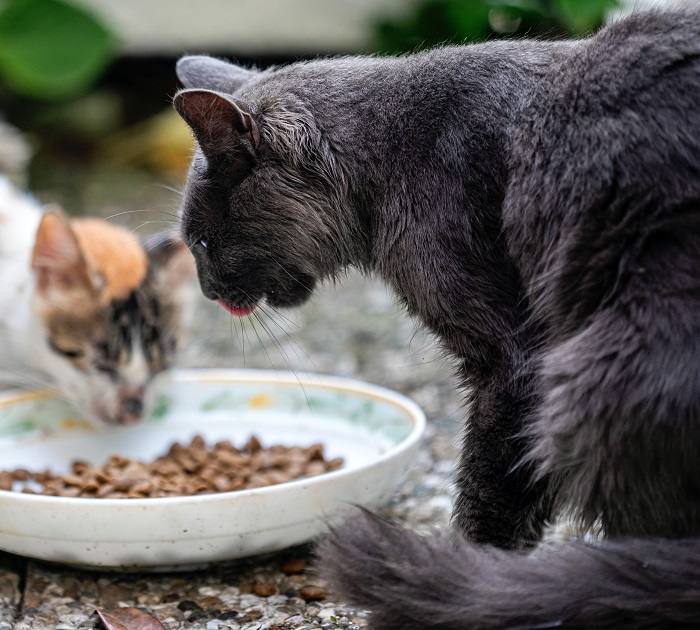
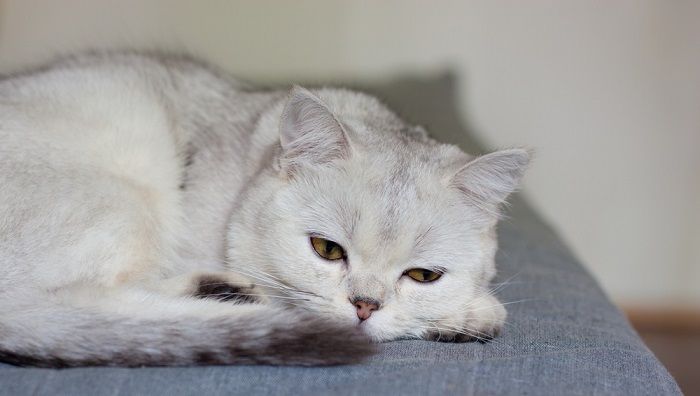
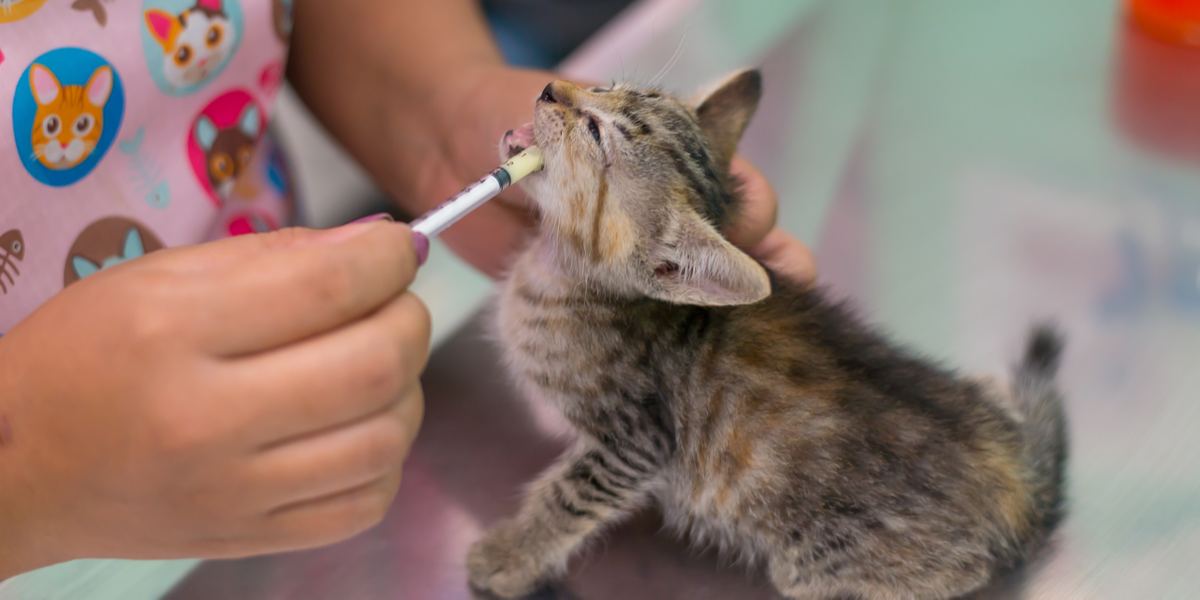
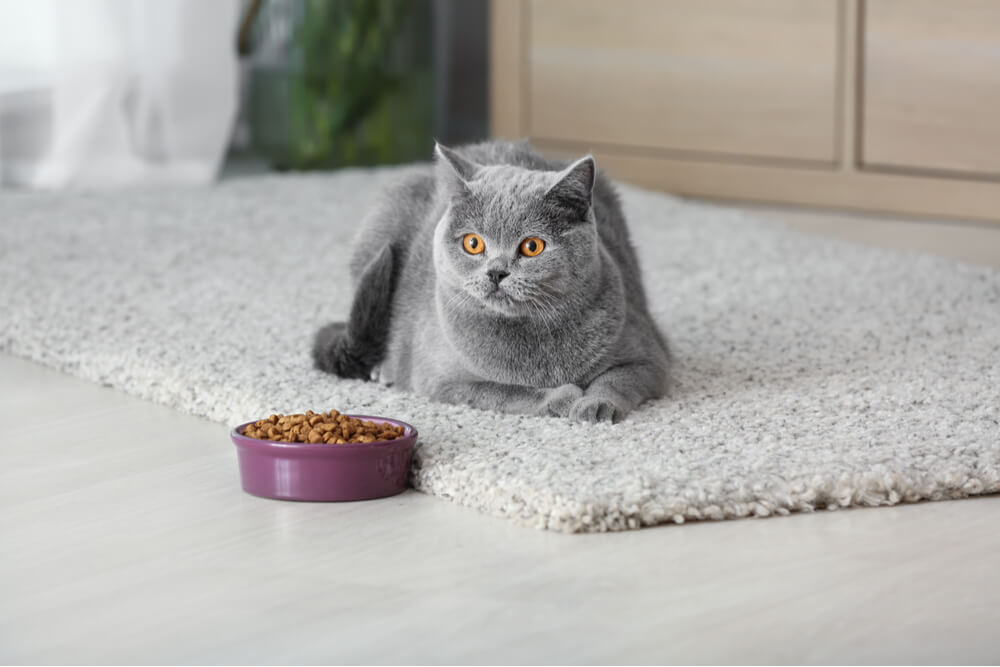
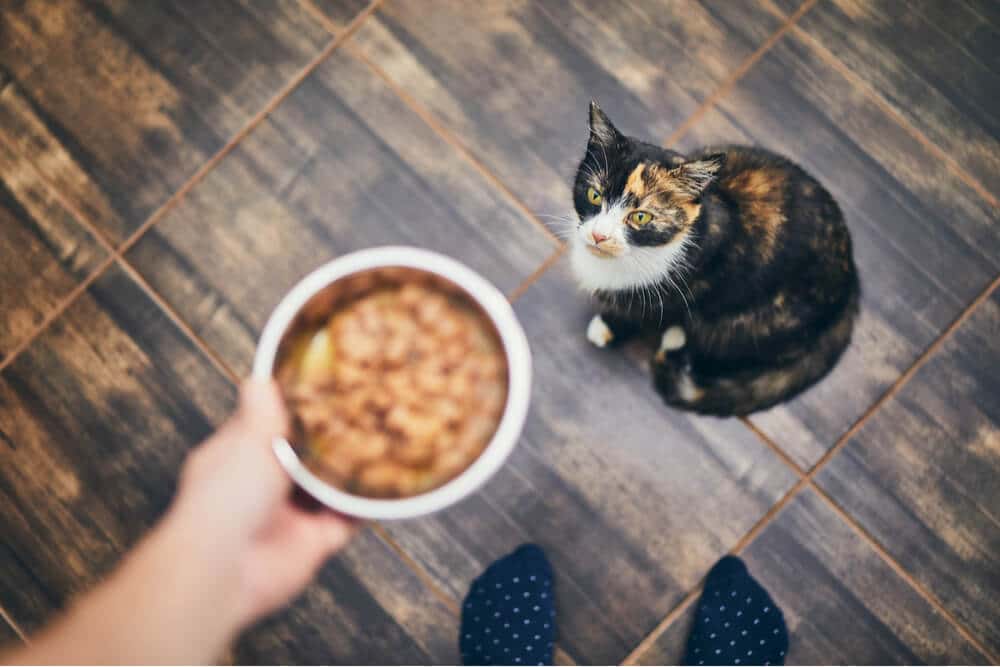
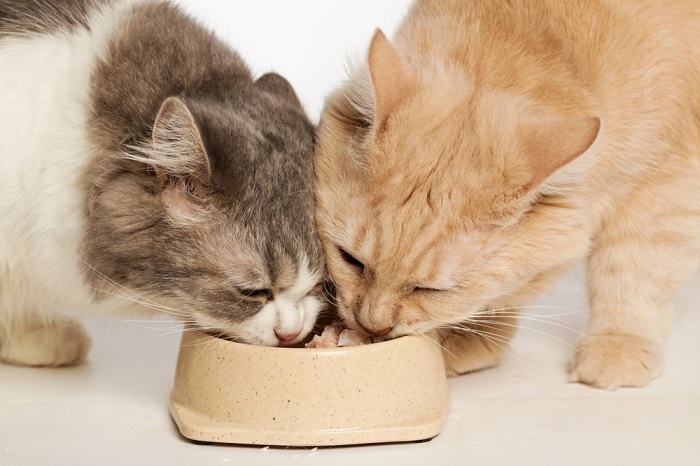
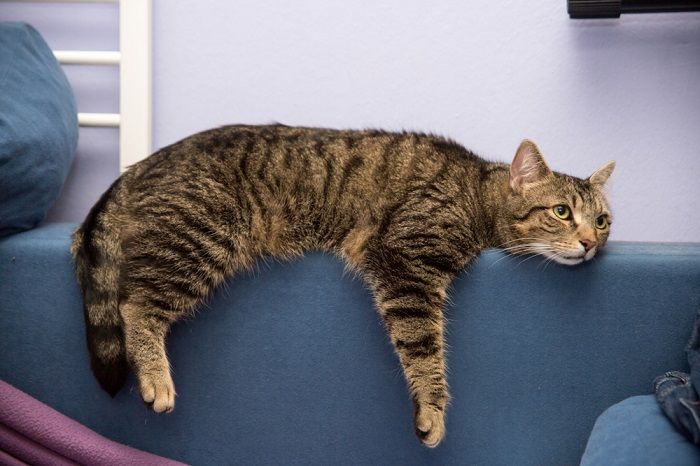
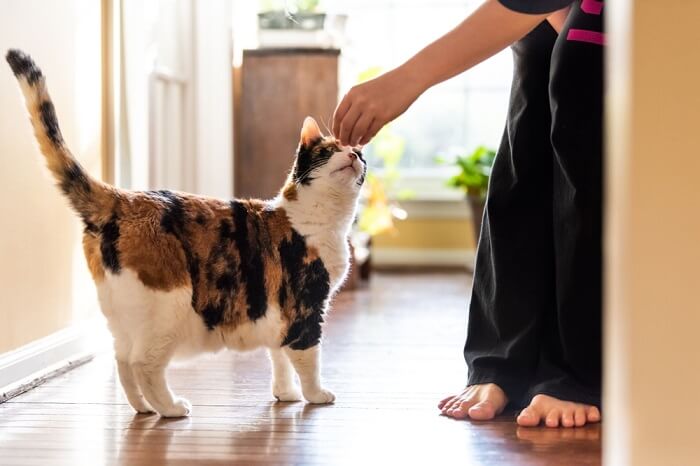
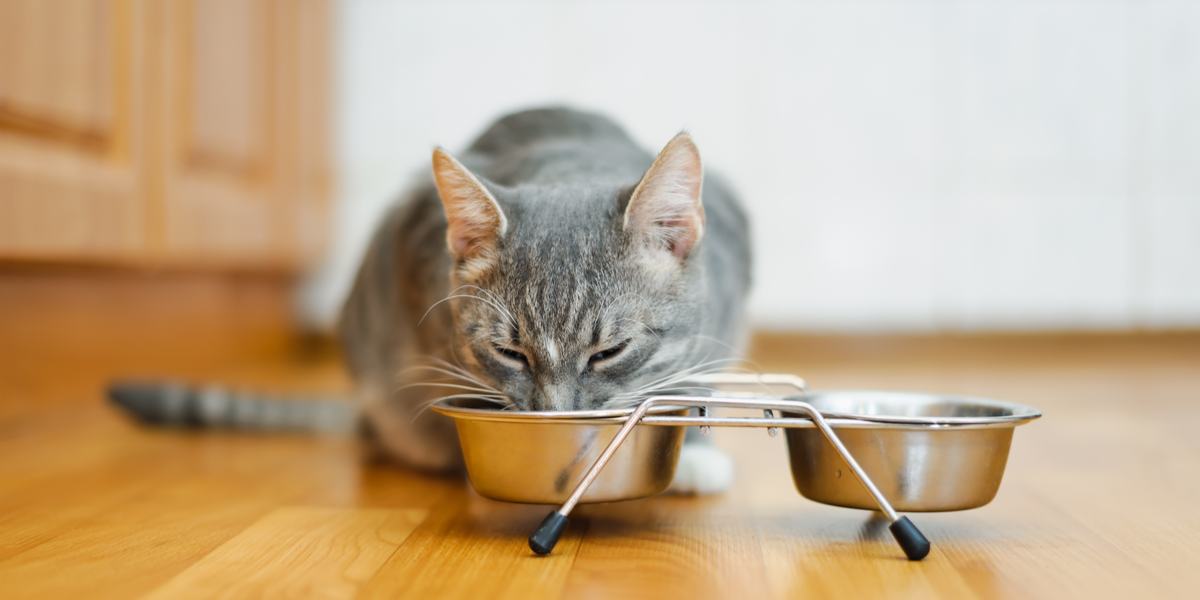





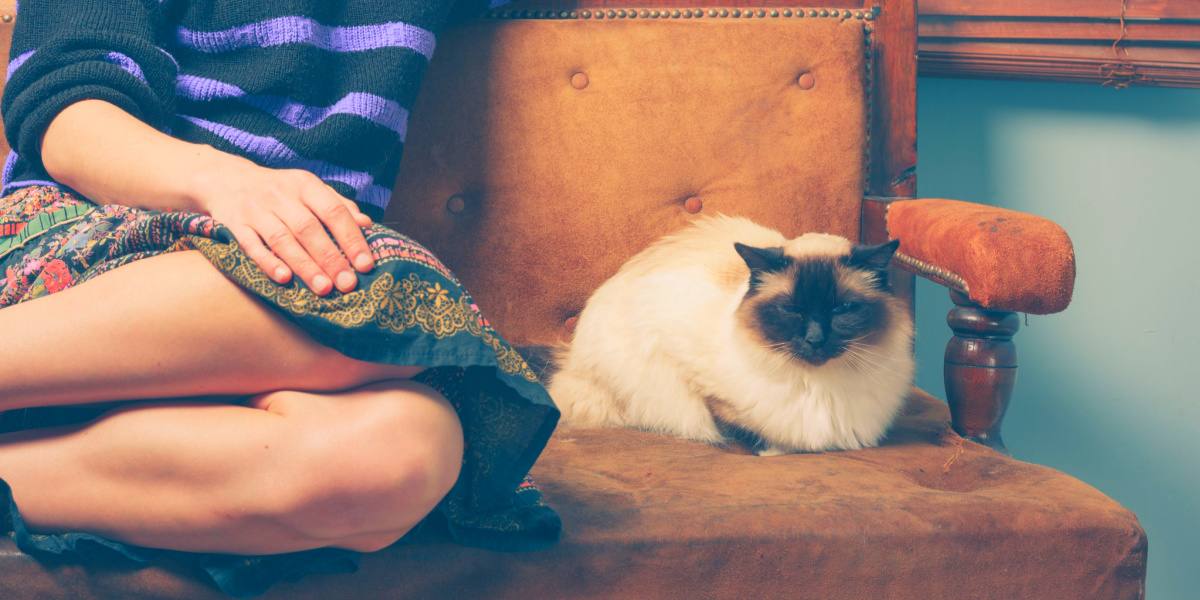

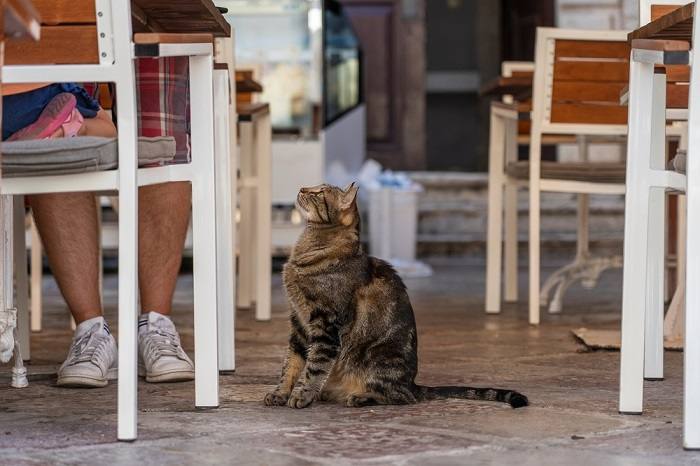
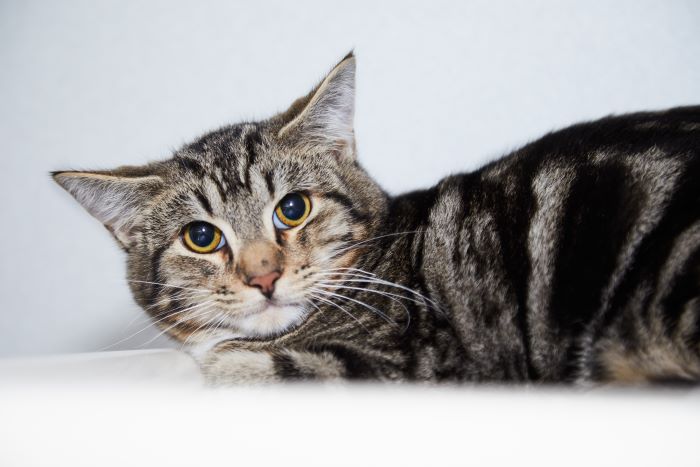

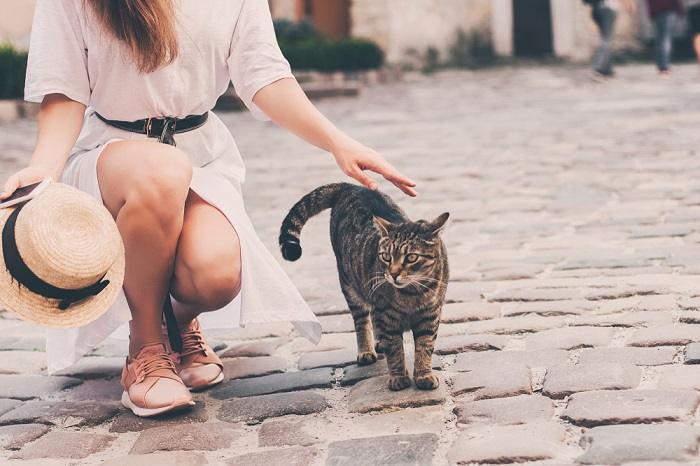
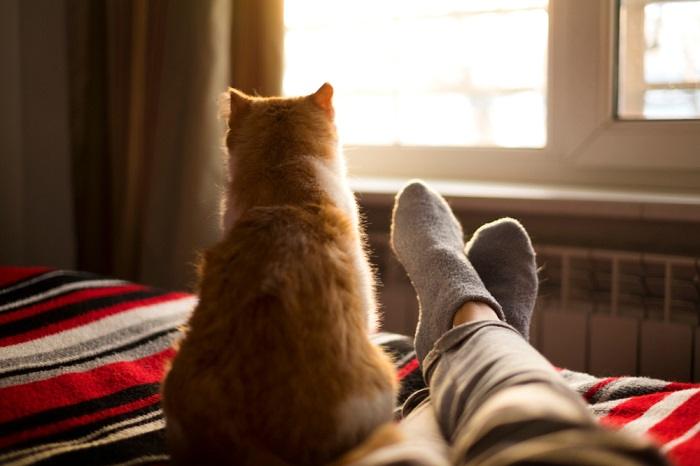
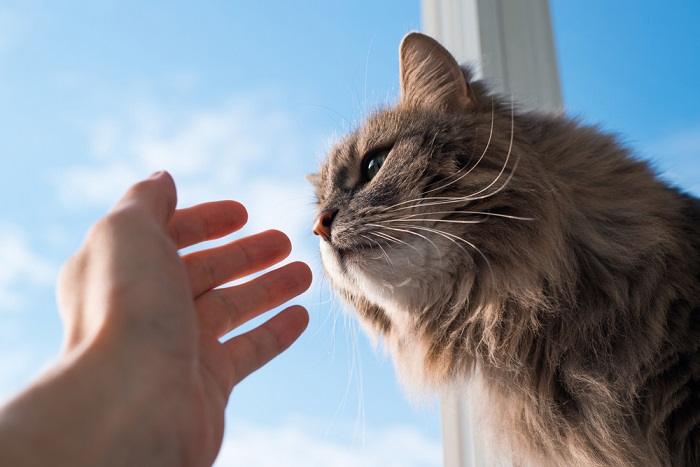
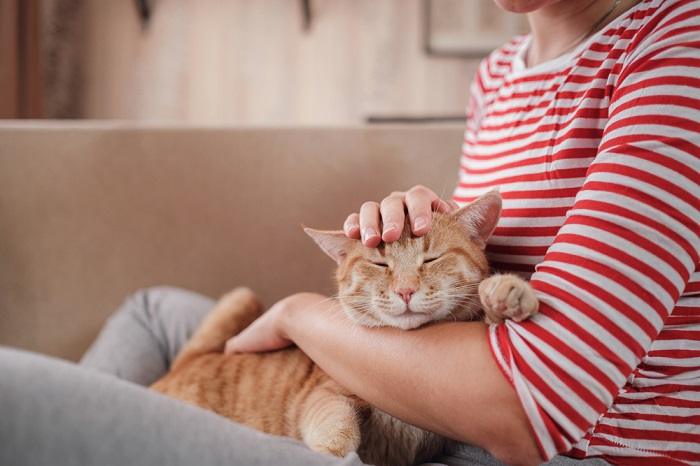
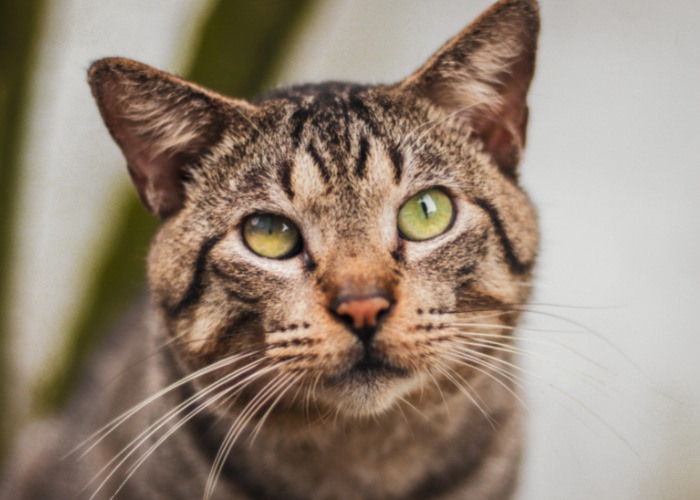
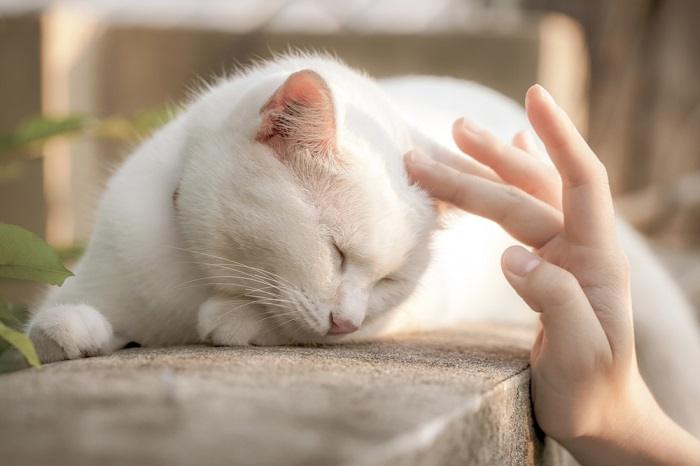

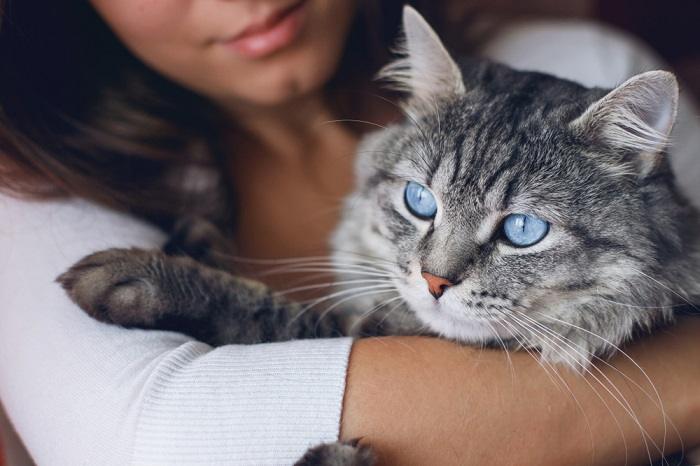
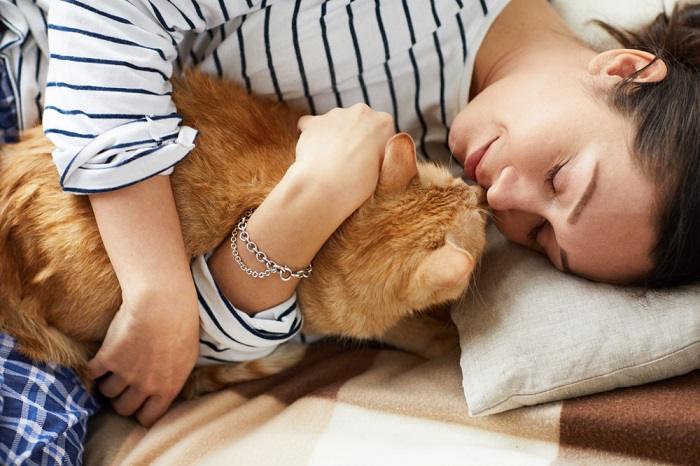
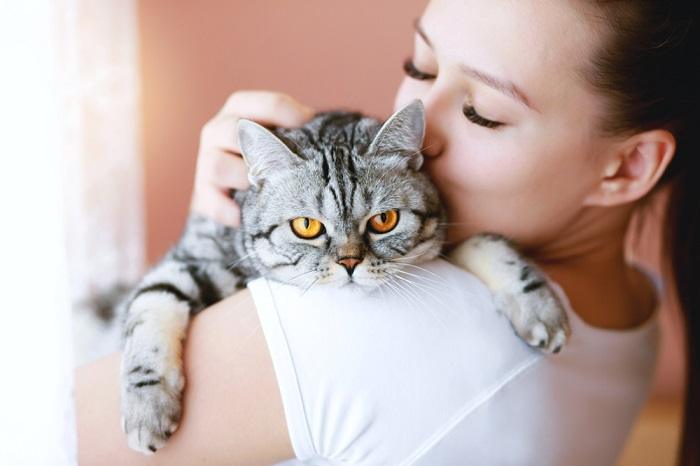
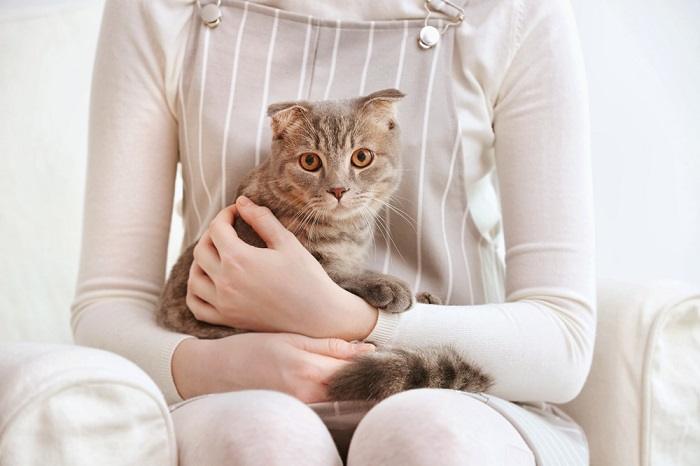

 Sylvester the tuxedo kitten and Cooper the dog@littlewanderersadoptions
Sylvester the tuxedo kitten and Cooper the dog@littlewanderersadoptions Sylvester was rescued along with his feline family@littlewanderersadoptions
Sylvester was rescued along with his feline family@littlewanderersadoptions Sylvester and his sister Daffy@littlewanderersadoptions
Sylvester and his sister Daffy@littlewanderersadoptions It was love at first sight when Sylvester met Cooper@littlewanderersadoptions
It was love at first sight when Sylvester met Cooper@littlewanderersadoptions They became fast friends@littlewanderersadoptions
They became fast friends@littlewanderersadoptions Sylvester learned to enjoy lap time from Cooper and Daffy@littlewanderersadoptions
Sylvester learned to enjoy lap time from Cooper and Daffy@littlewanderersadoptions Cuddle time@littlewanderersadoptions
Cuddle time@littlewanderersadoptions Sharing is caring@littlewanderersadoptions
Sharing is caring@littlewanderersadoptions Sylvester, Daffy and Cooper@littlewanderersadoptions
Sylvester, Daffy and Cooper@littlewanderersadoptions Best of friends@littlewanderersadoptions
Best of friends@littlewanderersadoptions
 Cherry the cat and her kittensEllen @foster_kitten_tails
Cherry the cat and her kittensEllen @foster_kitten_tails Ellen @foster_kitten_tails
Ellen @foster_kitten_tails Ellen @foster_kitten_tails
Ellen @foster_kitten_tails Ellen @foster_kitten_tails
Ellen @foster_kitten_tails Cherry came out of her shell when she realized her babies were safeEllen @foster_kitten_tails
Cherry came out of her shell when she realized her babies were safeEllen @foster_kitten_tails Cherry is a wonderful, doting momEllen @foster_kitten_tails
Cherry is a wonderful, doting momEllen @foster_kitten_tails She always keeps an eye on her babiesEllen @foster_kitten_tails
She always keeps an eye on her babiesEllen @foster_kitten_tails She craves attention and pets from her peopleEllen @foster_kitten_tails
She craves attention and pets from her peopleEllen @foster_kitten_tails Ellen @foster_kitten_tails
Ellen @foster_kitten_tails Ellen @foster_kitten_tails
Ellen @foster_kitten_tails Ellen @foster_kitten_tails
Ellen @foster_kitten_tails